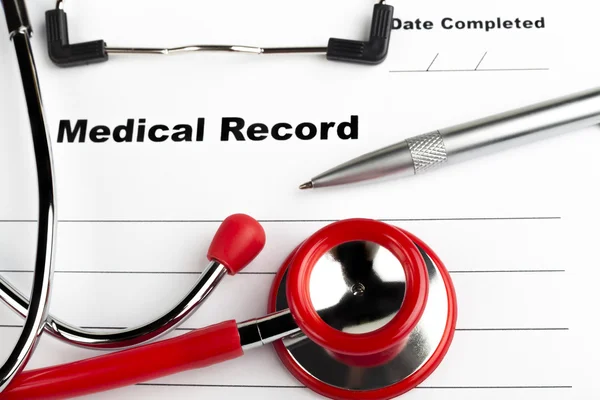
What is the purpose of Medical Record Retention?
The purpose of retention policies is twofold: It should ensure that the patient health information is available to meet the needs of continued patient care, legal requirements, research, education, and other legitimate uses, but should also recognize storage and logistical limitations by permitting the purging of records that are no longer needed for such uses. – American Academy of Audiology
They also go on to state that it is recommended that a practice have a written policy in place regarding the retention of medical records within a medical facility. This policy should state what records are kept, the period that records are retained, and the type of storage used (ex. Paper, microfilm, optical disk, magnetic tape, or other). Along with the above information, the policy should state how the records are to be destroyed once the retention period has ended.
Each year, many hospitals and other facilities have been known to keep records indefinitely. This could cause serious issues such as exposure to patients’ records over periods. If hospitals would retain records for a shorter amount of time, rather than holding on to them for an undetermined amount of time, storage costs would be reduced, and the risk of patient exposure would lessen. Darice M. Grzybowski, MA, RHIA, FAHIMA, founder and president of HIMentors, states that “hospitals should examine the return on investment of keeping old paper records is ever retrieved beyond the first 10 years of retention. In most facilities, this figure would be less than 1% of record activity”.
How long does the state of Arizona retain my medical records?
According to A.R.S. § 12-2297:
Under code § 12-2297, health care providers are required to retain original copies or copies of patients’ records who are over the age of 18 for no less than 6 years. If the patient is under the age of 18 health care providers are required to retain original copies or copies of the information for at least three years after the patient’s 18th birthday, or at least six years after the last date the child received medical attention, whichever is the later date.
The statute of limitations for medical malpractice claims is two years from the time the patient discovers or should have discovered an injury. The statute of limitations for minors is two years past the age of 18. Providers must keep adult patient records for a minimum of two years and minor patient records for a minimum of two years past the age of 18 to comply with the statute of limitations. Any Arizona institution that provides inpatient medical, surgical, diagnostic, nursing, custodial, or domiciliary care must retain the information necessary to complete birth, death, and fetal death registration forms, and records of disposal of remains for at least 10 years. For licensing purposes, hospital medical records must be retrievable for not less than three years, except for vital records (birth and death) and statistics, which must be retained for 10 years. Arizona requires that duplicate lab reports be retained in the laboratory area for at least one year after the date results are reported.
If you feel that there may be a need to obtain medical records for future appointments regarding a serious medical condition, for example, it may be best to request records and electronically maintain them on a flash drive. This makes it easy to keep your records longer than retention periods in your state. Also, check with your local hospital or medical facility to clarify the retention period for records since there could be a chance that they keep records longer than the state regulations may be.
If you have medical records in other states, going to the link Medical Record Retention State Guidelines will assist you in searching for other states and their laws for retaining medical records.
